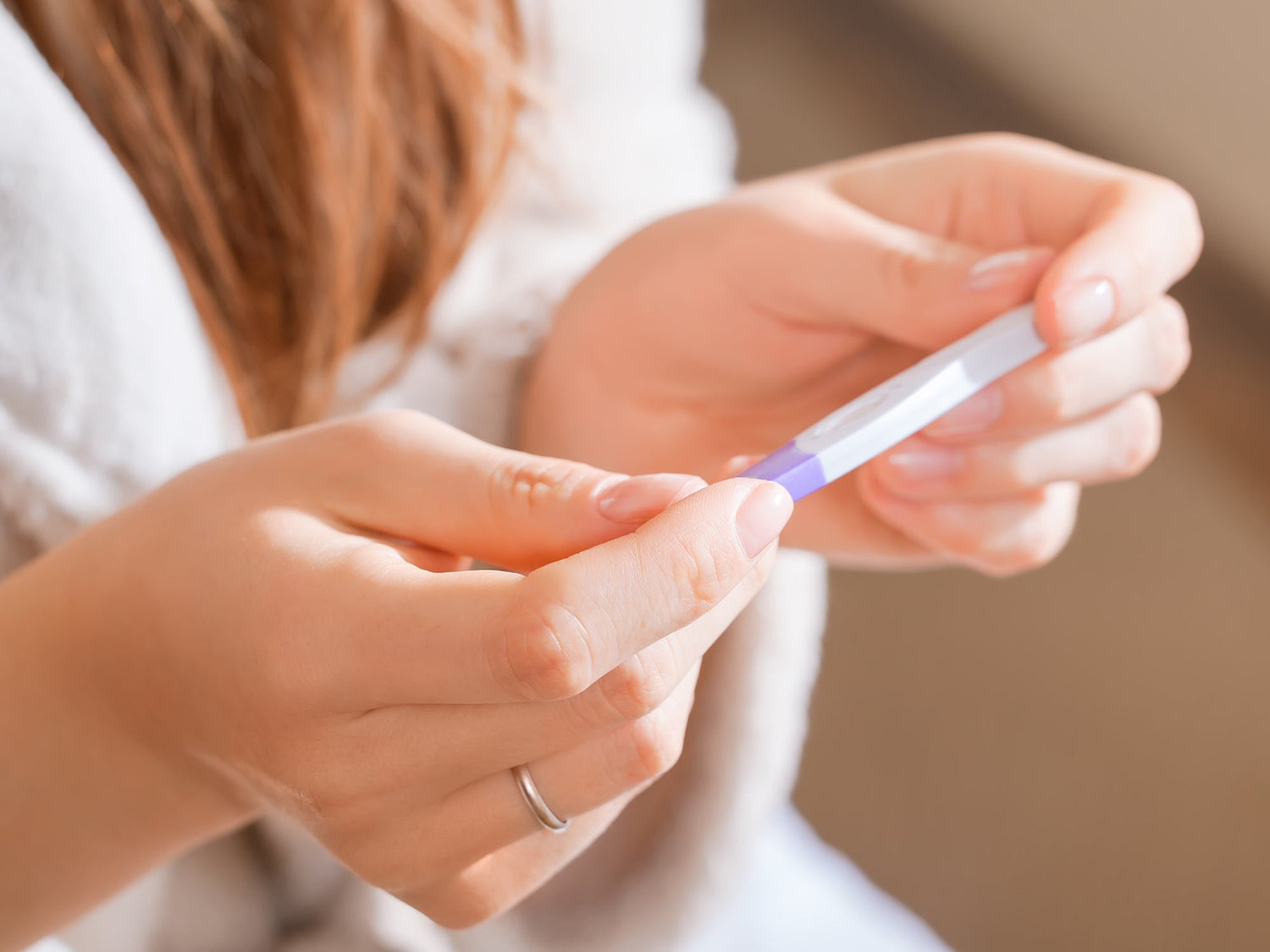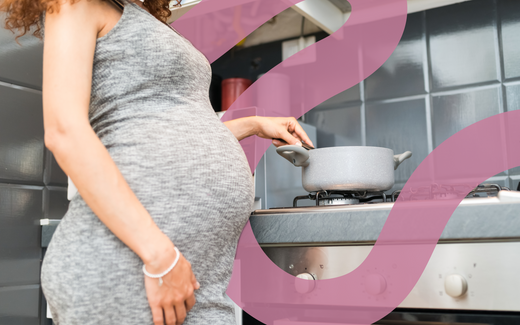Iron is a vital nutrient that our bodies need to function optimally. It plays a significant role in various bodily functions, such as oxygen transport and DNA synthesis. However, when our bodies lack sufficient iron, it can lead to a condition known as iron deficiency anemia. This health complication has far-reaching effects that extend beyond general fatigue and weakness.
Intriguingly, recent studies have begun to explore the potential connection between iron deficiency anemia and infertility, particularly in women. This blog aims to shed light on this emerging area of research and provide useful insights for those navigating these health challenges.
What is Iron Deficiency Anemia?
Iron deficiency anemia is a prevalent health condition that arises when your body doesn't have enough iron to produce hemoglobin. Hemoglobin is the protein in red blood cells responsible for carrying oxygen throughout your body. When hemoglobin levels drop due to iron deficiency, it can result in symptoms like fatigue, weakness, pale skin, and difficulty concentrating.
What is the Link Between Iron and Fertility?
Research has started to unveil a potential connection between iron deficiency and issues related to fertility. It appears that iron deficiency may affect a woman's capacity to conceive and sustain a healthy pregnancy. A lack of sufficient iron can lead to weakened egg health and anovulation, both of which can contribute to fertility complications. Additionally, studies indicate that iron deficiency could disrupt the menstrual cycle, potentially leading to fertility problems.
How Common is Iron Deficiency Among Women?
Iron deficiency is common among women, especially during pregnancy. Alarmingly, around 52% of pregnant women do not get enough iron, leading to anemia, fatigue, and other health issues. Therefore, it's crucial for women to monitor their iron levels, especially while pregnant.
Why is Iron Especially Important During Pregnancy?
During pregnancy, the body needs up to three times more iron to support the fetus's development. Iron deficiency during pregnancy can lead to complications like low birth weight, preterm labor, and even miscarriage. Thus, maintaining adequate iron levels during pregnancy is critical.
What Foods Can Prevent Anemia?
Boosting your iron intake is key to preventing anemia, and one way to achieve this is by incorporating iron-rich foods into your diet. Lean meats, seafood, beans, and leafy green vegetables are all excellent sources of iron. Pairing these with vitamin C-rich foods or supplements can enhance iron absorption. Iron supplements can also be a viable method to increase iron levels, although it's crucial to consult with your doctor before starting any supplement regimen.
Another practical tip for increasing iron intake involves the use of cast-iron cookware for preparing meals. However, it's important to note that certain beverages like coffee and tea can inhibit iron absorption. Therefore, it's advisable to avoid consuming these drinks around meal times or when taking iron supplements.
Additional Tips for Improving Fertility Health
- Regular Exercise: Maintaining a regular exercise routine can help regulate hormones and promote overall reproductive health.
- Adequate Sleep: Getting enough sleep is crucial for hormonal balance and can positively affect fertility.
- Stress Management: High levels of stress can affect fertility. Techniques such as yoga, meditation, and mindfulness can help manage stress levels.
- Regular Health Check-ups: Regular health check-ups can help detect any underlying health issues that might affect fertility.
When is it Time to Seek Medical Advice for Infertility?
Infertility can affect both men and women, presenting a significant challenge for those trying to conceive. As a general rule, if you've been attempting to conceive for 12 months without success, it's recommended to seek professional medical advice. This can provide access to valuable guidance and potential treatment options.
Maintaining adequate iron levels is crucial for reproductive health. Therefore, if you suspect an iron deficiency or are facing fertility issues, don't hesitate to consult with a healthcare provider. Recognizing your body's unique needs is the first step towards successfully navigating these health challenges.
Combat Iron Deficiency Anemia with AnemoCheck Mobile!
Dealing with iron deficiency anemia can bring about unexpected challenges, including potential impacts on fertility. Fortunately, with AnemoCheck, you can monitor your iron levels and overall wellness easily right from home. A quick snapshot of your fingernails can offer an immediate estimate of your hemoglobin levels, assisting you in combating iron deficiency anemia. Don't let this condition stand in the way of your fertility journey.
Click here to download AnemoCheck Mobile from the iOS or Android app stores.





Leave a comment
All comments are moderated before being published.
This site is protected by hCaptcha and the hCaptcha Privacy Policy and Terms of Service apply.